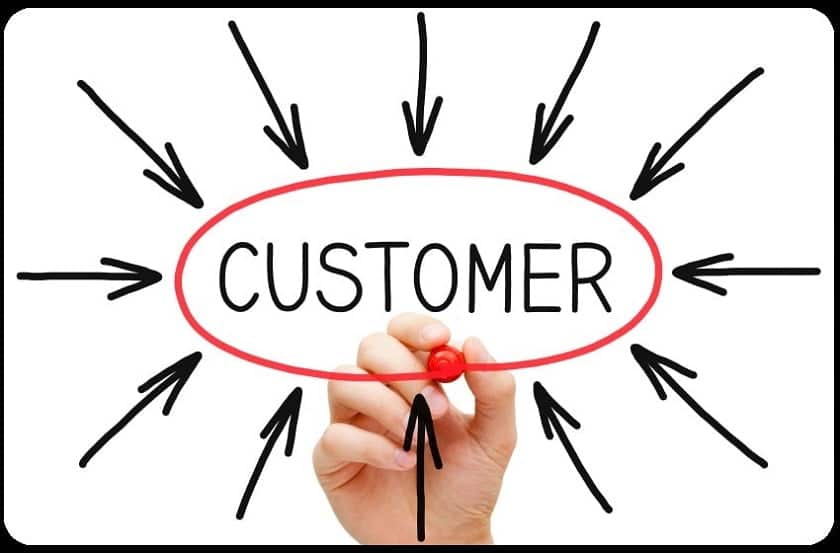Nowadays companies have their fair share of competitors in the market. Chances are that these companies are also offering the same kind of product or service as their competition in one way or another. But what really sets certain brands of products and services apart from the others is the presence of good and reliable customer relations.
And it’s not just about having a 24/7 customer hotline that’s there to take in complaints. Customer-centric companies make it a point to take good care of their consumers in all aspects of service – from the creation to the product, its sales, and right down to addressing concerns raised after purchase.
While there are many things that you can do to achieve this, here are some things most customer-centric companies make a habit of doing:
Keeping updated with the latest consumer climate
For most companies, this is the first step to good customer care because caring for your consumers is all about constantly thinking about them and considering their needs.
If anything, constantly observing the customer experience is the key to finding new innovative products and services that people will want to have. But you don’t just guess – you have to do your homework. This means being able to conduct research work that directly involves customers, such as conducting surveys online to see what people have liked, not liked, want to be improved, or needed.
For an even more holistic approach, customer-centric companies will look into what consumers and users experience within their own company. This is the reason why many customer service tools have recording features that allow management to review how their service representatives are handling individual cases.
Keeping an open mind to consumer demands and experiences and being able to adjust to these realities is what will allow your company to adapt and thrive in the market.
Mitigating future risks
Of course, a good, customer-friendly company will know how to deal with problems as they arise. But the great ones will know how to eliminate these problems even before they happen. As the old saying goes, “prevention is better than cure.”
Indeed, damage does have many long-term effects, and that’s why it’s better to not give your consumers reason to complain in the first place. Just like the first habit, this one also entails research. But, this time it’s going to focus on the product or service that your consumers will have or experience. Understanding what exactly you will be giving to your consumers means knowing how it will affect them, and that usually needs some expertise, such as that of a product consultant, but it’s a worthy investment.
Investing in your top consumers
Not all customer surveys are of equal value. Consumer-centric companies make it a point to give focus to their most loyal and regular clients simply because they are the ones that have more experience with engaging with the product or service.
In fact, it’s been shown that you shouldn’t even treat all your customers equally. The reality is that some clients are more valuable than others because they’ve been around longer or have invested more in consuming your product or service. You need to take out some time to give bonuses, incentives, and even rewards to your most loyal clients, not only because you know they’ll keep coming back, but because they have a lot of potential in bringing more people in via word of mouth – one of the cheapest, yet most valuable forms of advertising a company can ever have in the competitive world.
Consistently studying the competition
You also want to know how the competition is treating their clients for many reasons:
-
- to pick up good ideas that you haven’t tried yet;
-
- to learn from their mistakes;
-
- to know how to treat your own clients better than them.
There are many ways to keep track of the competition, but the important thing is that it’s a habit that you should start having now.
Marketing your products well
Make sure your marketing targets the right people. It requires a good communication to establish a meaningful link between your company and countless consumers who will be receiving the promotion of your new product or service. The same goes for other forms of promoting or marketing your brands or company, whether online or offline.
Being customer-centric is, therefore, more of a company policy and practice, and not a mere feature. It’s not something your company just has, but rather something you integrate into every aspect of it so that consumers will experience it anytime they deal with you.
About the author
Amy Cowen is a content marketing strategist who uses technology to its fullest, always trying to improve the productivity of her team at Aussiessay with the help of different tools and apps.



